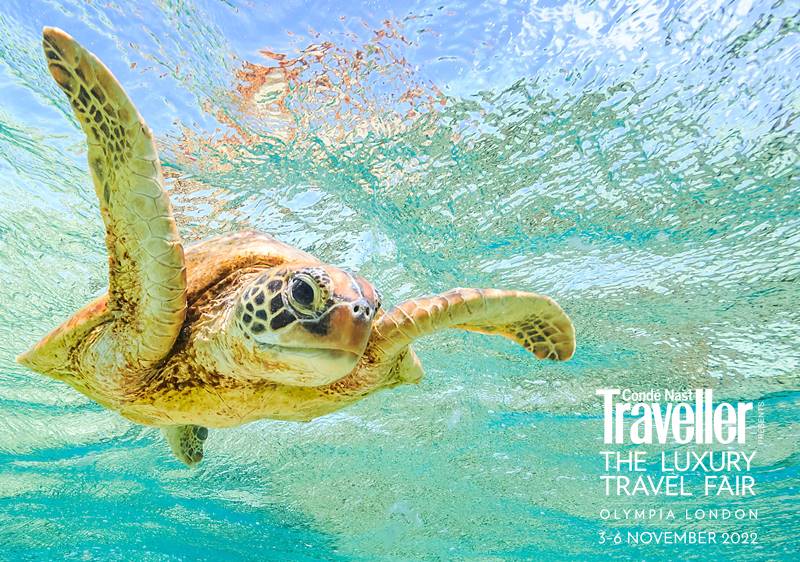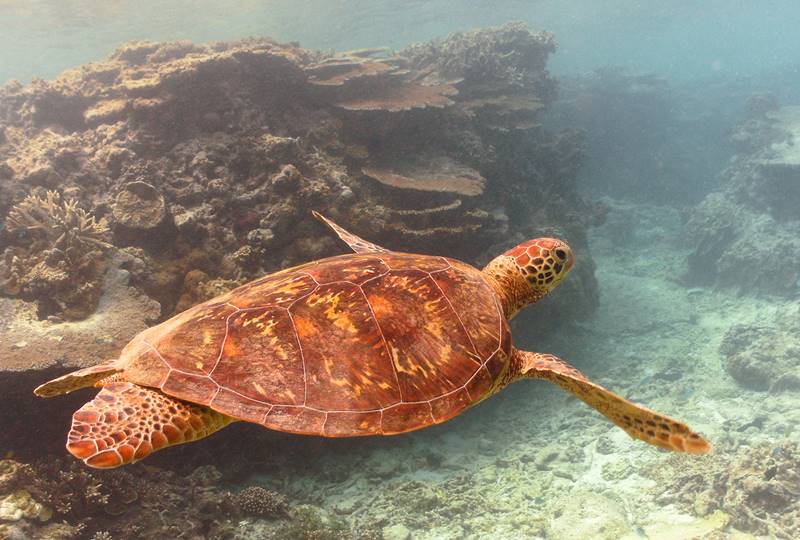
Project: to support marine turtle conservation, including community beach patrols at Rekawa Beach.
Thank you to the Condé Nast Luxury Travel Fair for making Explorers Against Extinction its official Fair Charity. The Fair has adopted this project – all funds donated by Fair visitors will help to support the Rekawa beach community and safeguard the marine turtles.
To find out more about visiting this year’s Fair please click here.
Project Partner: Rekawa Turtle Watch
Rekawa Turtle Watch is a community-run marine turtle conservation group which relies on income from ecotourism to operate round-the-clock beach patrols at Rekawa in Sri Lanka.
Rekawa
Rekawa is on the south coast of Sri Lanka, near Tangalle. This small fishing village has a beautiful 2km stretch of beach and a lagoon. The wide, clean sandy beach with its coastal vegetation, and very little development, offers ideal conditions for marine turtles to come ashore and nest.
Marine Turtles
Five of the seven species of marine turtle can be found on this stetch of coast: Endangered Green turtles; Vulnerable Loggerhead, Olive Ridley and Leatherback turtles; Critically Endangered Hawksbill turtles.
Turtle Conservation at Rekawa
Although marine turtles are protected under Sri Lanka government legislation, exploitation and nest disturbance is still possible. In the past, local villagers collected almost all the turtle eggs laid on Rekawa beach as well as taking some adult females.
Back in 1996 a Sri Lankan organisation initiated an in-situ marine turtle nest protection project at Rekawa, employing former egg poachers as the nest protectors. With the new scheme, almost 100% of turtle nests were protected.
Due to lack of funding the ‘Turtle Watch’ programme faced closure in 2012 and was handed over to the nest protectors who have worked to create a sustainable community programme.
How it Works
Nest protectors are trained as guides with the support of the Sri Lanka Tourism Development Authority. For a small fee, tourists come to the education centre, receive an information briefing on Rekawa and are taken out at night to see a nesting turtle. Only red lights are used and visitors are asked to be silent so as to not disturb the turtles.
Once a nesting turtle starts laying eggs it is possible for visitors to quietly approach – the turtle goes into a trance-like state.
The project ensures the beach is monitored day and night according to a fixed schedule and employs 20 members of the local community. The nest protectors are paid $6 US per six hour shift with their wages coming directly from eco-tourism income. The nests are kept in the original place, protected with wire mesh from predators such as dogs and large lizards until the eggs hatch and race to the sea.
Sri Lanka is a fantastic year-round destination. The peak season for turtle hatching is from February to July – this coincides with the optimum time for visiting the beaches of the south and west or for wildlife watching in Sri Lanka’s national parks – generally considered best during the dry months of December to April.
Urgent Support Needed for Turtle Watch
In recent years the project has struggled due to a combination of factors which have impacted visitor numbers to Sri Lanka.
Although the project successfully secured some emergency funding to support them through the pandemic and the collapse of ecotourism, the current economic crisis and subsequent political instability resulted in the FCDO advising against all non-essential travel to Sri Lanka. This has once again put the future of the project in very real jeopardy.
In order to continue protecting nests, the 20 protectors cut their shift rate in half, to just $3 US per 6 hour shift. With the rota, each person works around 22 shifts a month giving an income of just $66 USD (down from $132).
Explorers Against Extinction provided some funding but this is expected to run out very soon – further funds are desperately needed.
The Future
In addition to covering day-to-day running costs, the project would like to train an additional community member to run talks at the education centre which are currently led by Mr Saman, and to set up a pre-booking system for tourists wishing to visit the project so the beach is not overwhelmed at any one given time. They also need to replenish supplies of equipment such as red torches and educational materials.
What Your Funds Can Do
Funds raised by the Condé Nast Luxury Travel Fair will support community beach patrols in the first instance.
Additional funds will help to provide for essential kit and for the project to develop and grow so it is ready for the return of visitors.
Visit Sri Lanka through our responsible travel network.
Images courtesy of Rekawa Turtle Watch and Dave Currey.
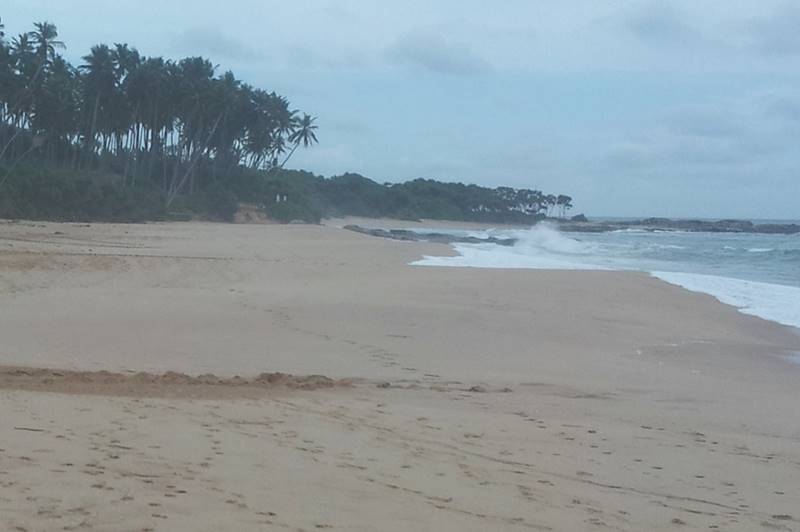
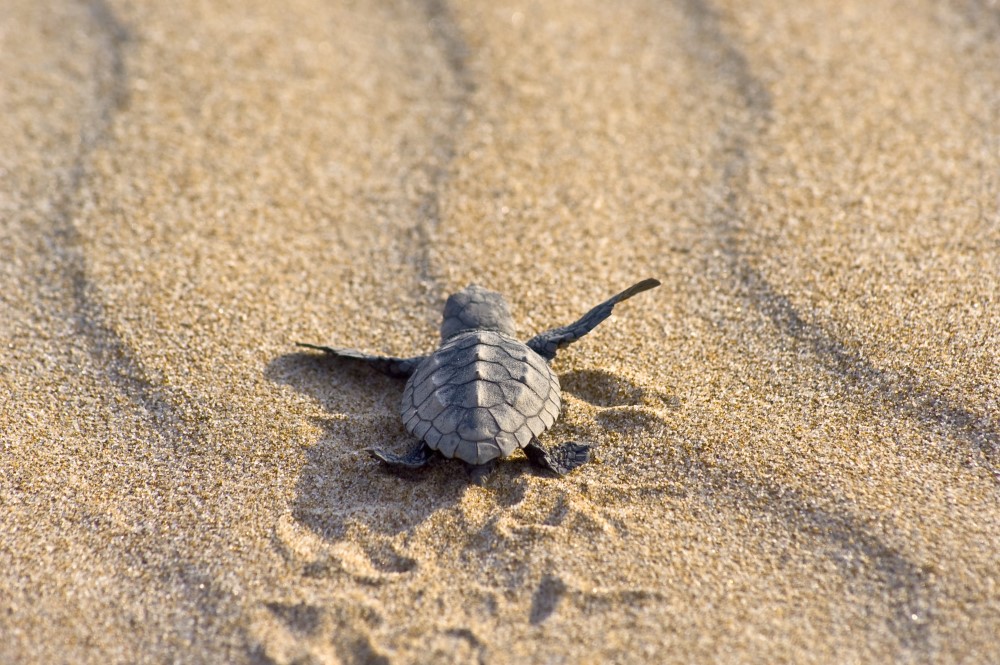
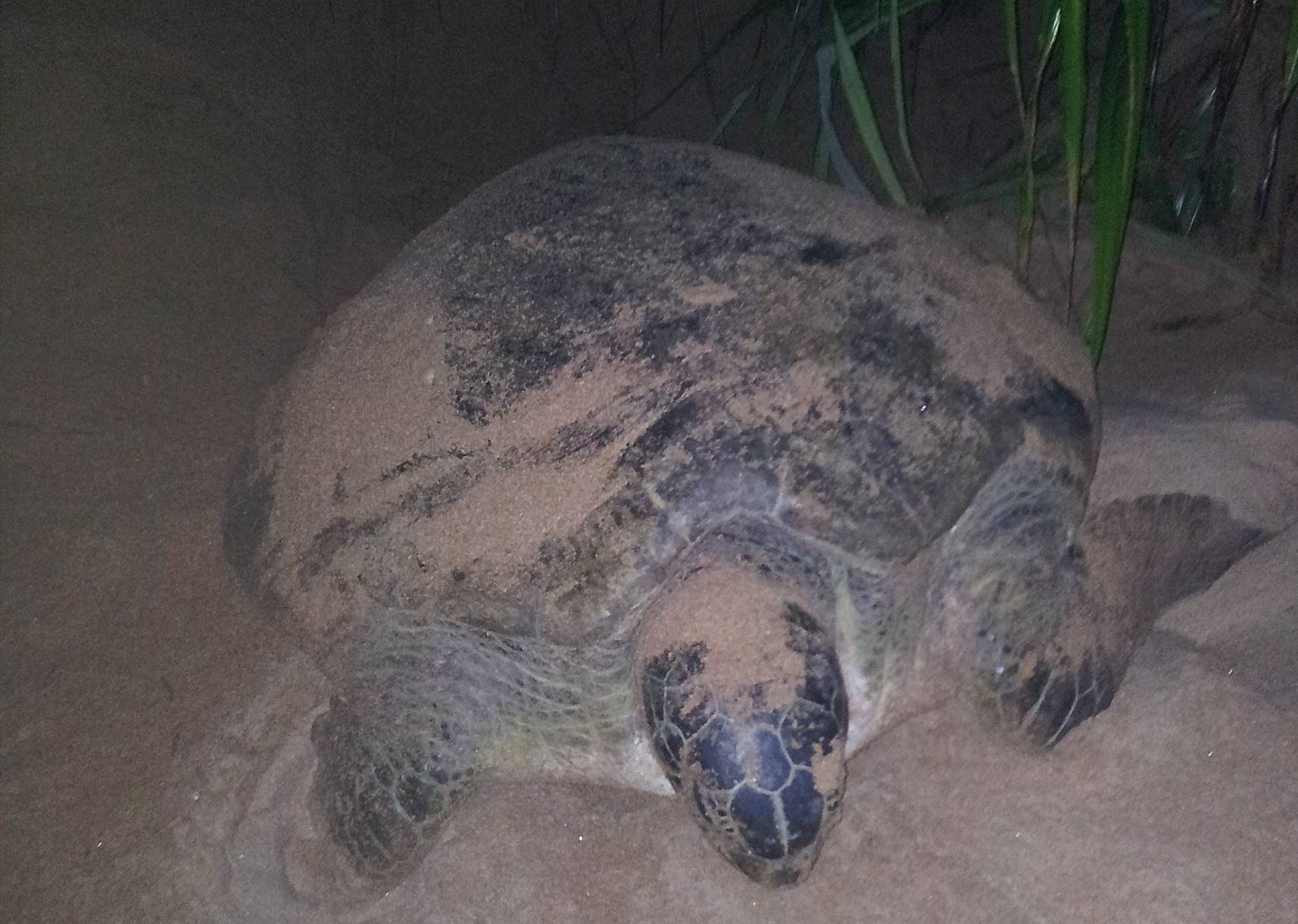
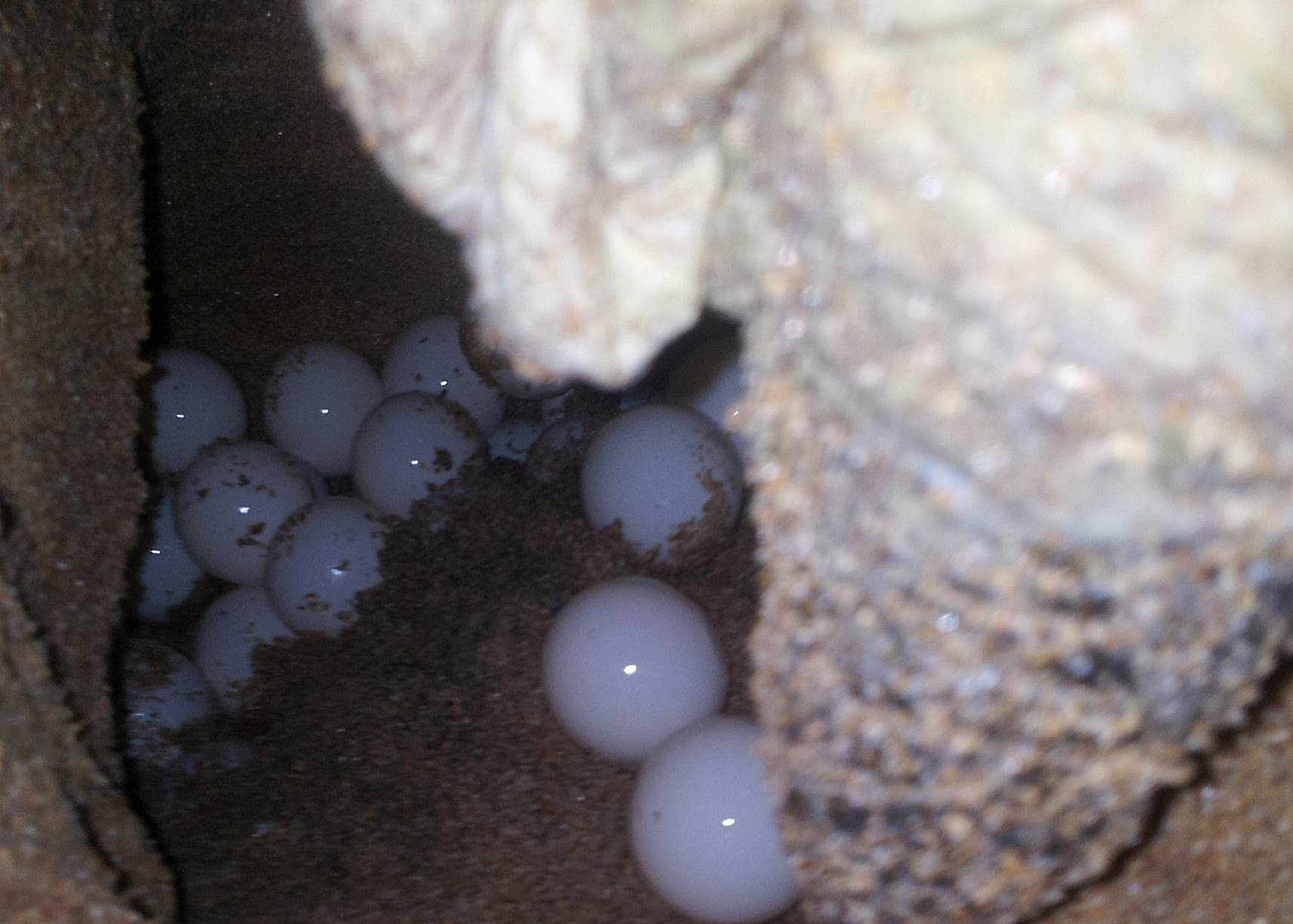
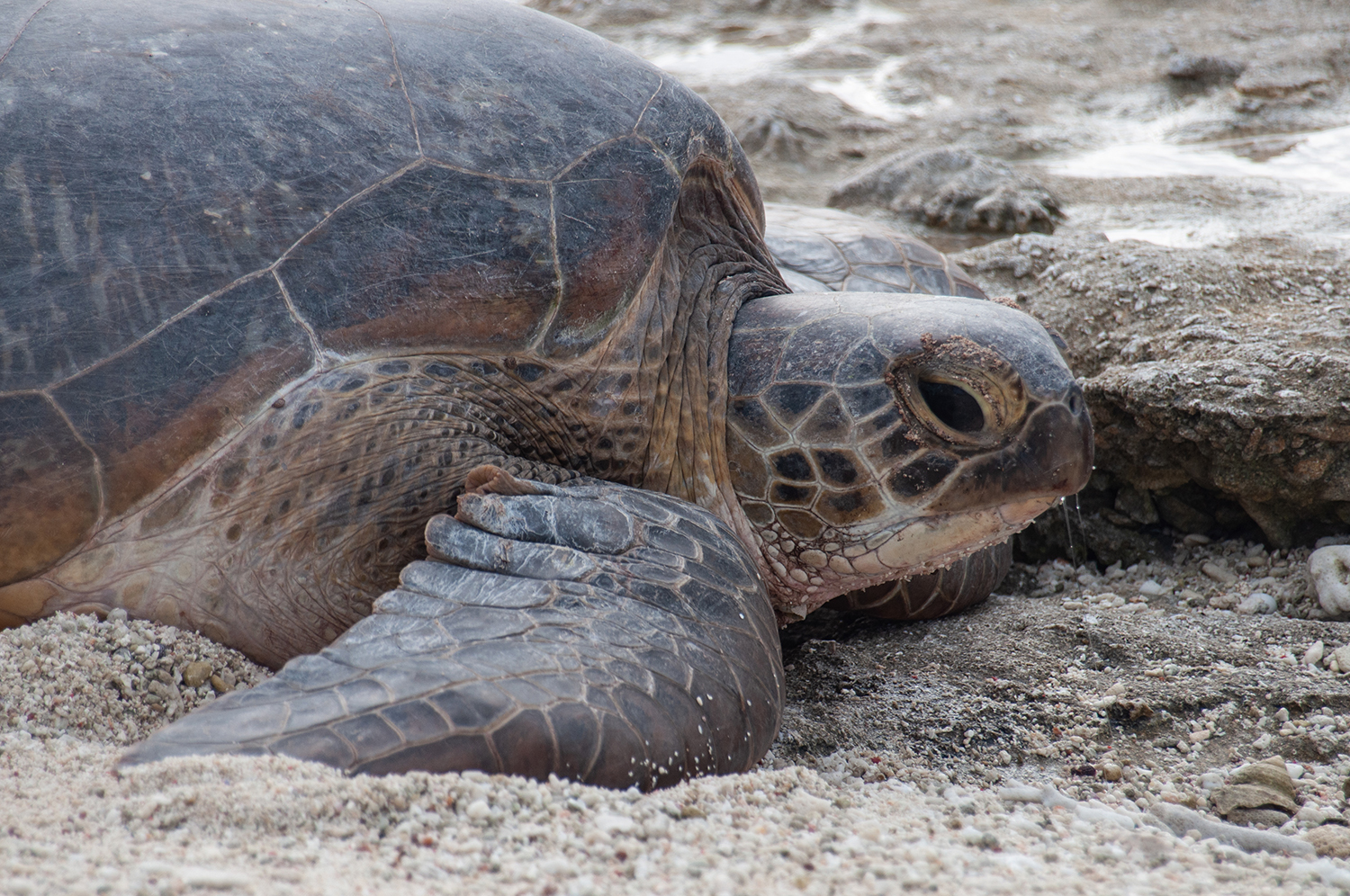
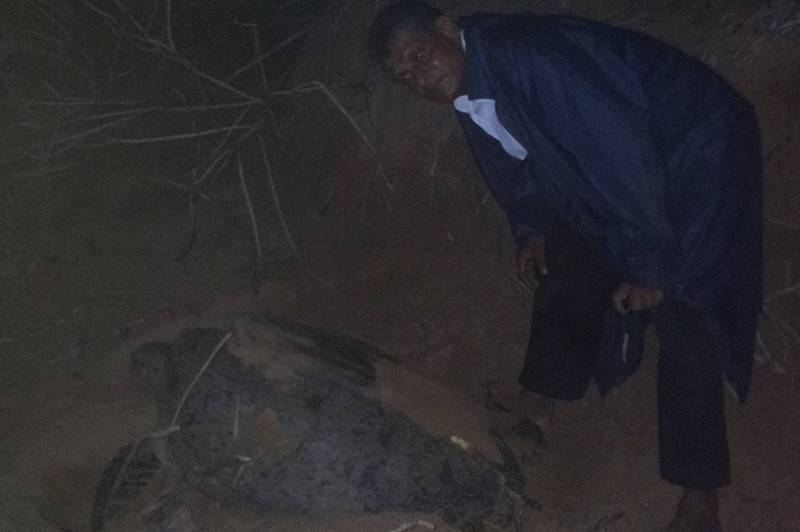
Start planning your next escape at Condé Nast Traveller presents The Luxury Travel Fair, 3–6 November at Olympia London…
The Luxury Travel Fair brings together personalities, travellers and expedition leaders to share their tales and experiences alongside some of the best travel specialists in the country.
Meet face-to-face with an unrivalled collection of travel experts and specialists renowned for their knowledge and advice. Discover immersive and authentic travel experiences from around the globe, from private safari tours in Namibia to captivating voyages that sail under the Mediterranean sun. You will uncover once-in-a-lifetime destinations, meaningful cultural adventures, boutique hotels, luxury cruises and more. Plus, hear exhilarating stories from our line-up of inspirational personalities, travel writers and editors in the Traveller’s Tales Theatre – all at London’s only travel event dedicated to the most discerning and experienced traveller!



